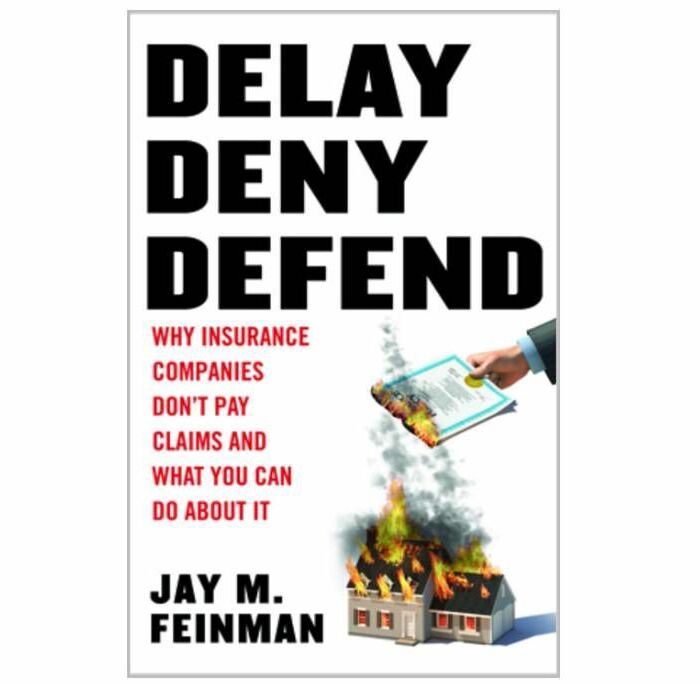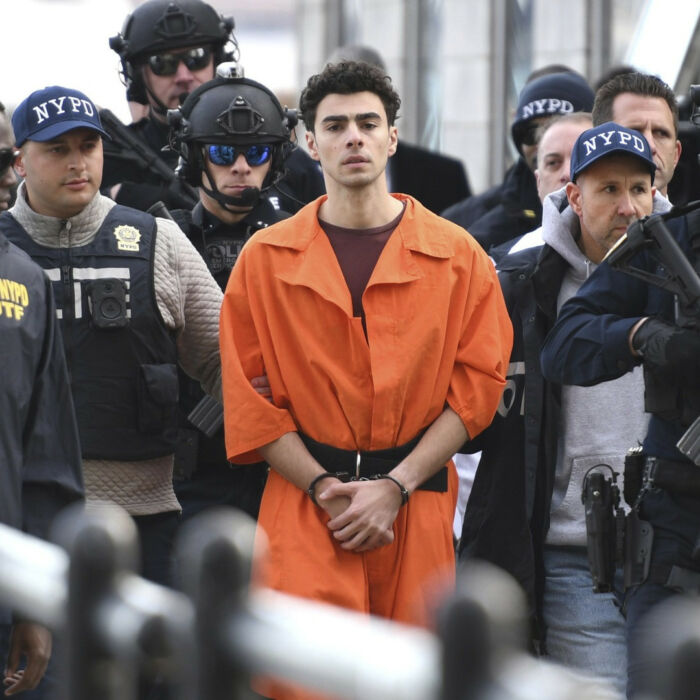Le nuove tecnologie stanno cambiando per sempre il nostro mondo. La domanda è: in meglio o in peggio?
Quali sono i rischi, le ombre, i pericoli?


UnitedHealthcare (UH), in particular, has recently implemented artificial intelligence algorithms to manage reimbursement claims, denying an increasing number of them, reaching a rejection rate of 32%. The use of these systems has raised both ethical and legal concerns. Specifically, an algorithm developed by Optum, a subsidiary of UnitedHealth Group, displayed racial bias by undervaluing the healthcare needs of African-American patients compared to white patients with similar conditions. This has led to disparities in access to necessary care.
Additionally, according to a U.S. Senate report, UH and other insurers have used AI-based tools to deny certain reimbursement claims from Medicare Advantage plan members. For example, the nH Predict algorithm, also implemented by UH, increased the denial rate for post-acute care, from 10.9% in 2020 to 22.7% in 2022.
Although many companies in the insurance sector are integrating AI to improve operational efficiency, personalize policies, and optimize claims processes with excellent results, the approaches adopted by some companies, such as UH, raise questions about the transparency and reliability of the algorithms used, as well as the ethical implications of using AI in healthcare.
It is essential to ensure that new technologies do not perpetuate discrimination and that automated decisions are always supervised by humans to guarantee fairness and accuracy in the care provided to patients.
Is a graduate in Publishing and Writing from La Sapienza University in Rome, he is a freelance journalist, content creator and social media manager. Between 2018 and 2020, he was editorial director of the online magazine he founded in 2016, Artwave.it, specialising in contemporary art and culture. He writes and speaks mainly about contemporary art, labour, inequality and social rights.